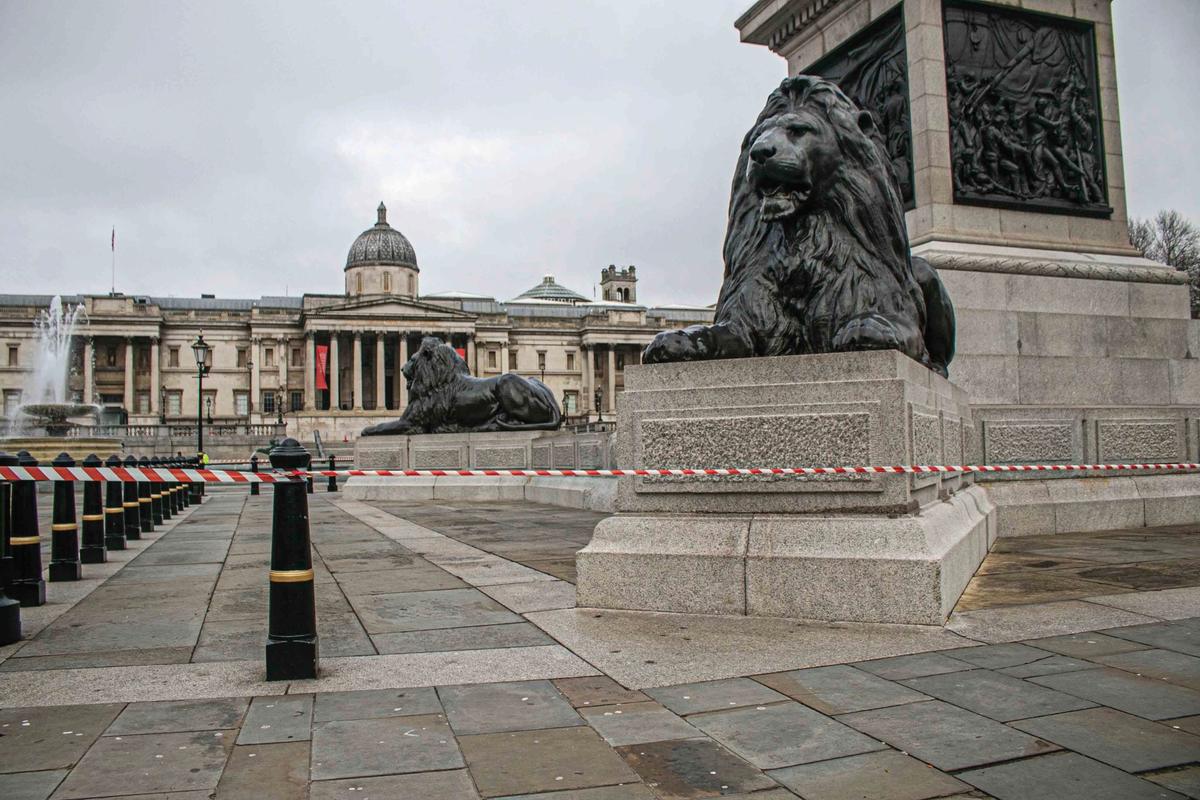The UK Supreme Court's recent ruling that insurers should pay out for business interruption (BI) policies through the coronavirus pandemic is good news for the many galleries, museums and other businesses whose incomes have been devastated. The ruling offers clarification on such insurance claims but art organisations are still not out of the woods yet, and likely will still have to fight for a payout from their insurers.
Last year following the outbreak of the pandemic, the UK’s Financial Conduct Authority (FCA) brought the test case before the High Court to clarify the BI insurance rights of firms whose trading has been interrupted due to Covid-19. In September, the High Court handed down a judgment clarifying the interpretation of BI policies. That judgement was then appealed by insurers in the Supreme Court, which issued its judgment on Friday against the insurers. Sheldon Mills, the executive director for Consumers and Competition at the FCA, says in a statement that the judgment “decisively removes many of the roadblocks to claims by policyholders.”
Insurance companies refusing to pay out for business interruption cover during the coronavirus crisis has been a major headache for many art organisations, galleries, dealers and museums. In June, The Art Newspaper broke the news of a class action lawsuit being launched by the London law firm Charles Russell Speechlys against a group of insurers on behalf of more than 50 claimants, including major contemporary art galleries, museums and sole traders, with claims ranging from around £50,000 to £35m.
The Supreme Court's latest judgment "is an overall success" for the art claimants, says Rudy Capildeo, a partner at Charles Russell Speechlys. The decision, he says, "waters down the High Court’s judgment [in September] to only a small degree that will not in practical terms affect most (if any) clients whose claims were established by the High Court’s judgment."
Capildeo adds: "What is particularly disappointing is that it has taken us ten months to reach a position that we believe insurers should have been enacting at the outset. Unfortunately the damage that will have been suffered by some clients will be irreparable, but for those that have managed to hang on, there is now light at the end of the tunnel."
The next and final hurdle is all important, Capildeo says: " This ruling is not a blank cheque and everyone should check their policy wording very carefully to see if cover has been triggered. If they are one of the lucky ones we expect the battleground to shift from getting policyholders to accept a claim, to the matter of just how much the claim is worth. There are a couple of very prominent insurers, AXA and Hiscox, who a number of art market professionals work with that we believe should now be progressing claims."
However, he adds that some insurers are "unfortunately employing quite aggressive tactics in trying to reduce the quantum of the claims by engaging professional accountants to interrogate clients’ losses and the information clients provide." Therefore, he advises clients not to "hand over information to their brokers or insurers without seeking independent advice and without making sure the claims they are putting forward are as robust as possible."
In brief, on the subject of "Diseases and Causation" the Supreme Court ruled that every case of Covid-19 was a cause of government lockdown measures. "Therefore policyholders with the relevant policies (e.g. AXA DealerPlus or AXA MuseumPlus) simply have to show that there was one case within the policy’s stipulated 25 mile radius prior to the specific lockdown measures coming into effect, in order to establish a causal link between the insured peril (a disease in the radius) and BI caused by lockdown measures," Capildeo says. He adds that this element of the decision will "mainly affect policyholders whose policies require a [coronavirus] case on the premises, rather than within a certain radius, because cases on the premises are less probable and can be harder to prove."
On "Prevention of access and causation" the court ruled that there are “restrictions imposed” when a public authority gives clear, legally enforceable instructions to, for example, close a gallery. This overrules the insurers’ dual arguments that, first, government advice alone does not restrict access to premises and, second, that restrictions were only imposed when lockdown measures were enshrined in law. The precise requirements depend on each policy's wording but, in short, a business must prove the following, Capildeo says: "1) prevention of access to premises; 2) caused by the action of a competent public authority; 3) on account of a danger to human life; 4) in the vicinity of the premises."
In a statement, the insurance firm Hiscox says: "The Judgment represents the final outcome of the Industry Test Case, and there can be no further appeals. Hiscox welcomes the clarity that the Judgment provides and the processing of claims has begun." It adds that: "As a result of the Judgment as well as further government restrictions announced during 2020, the total Hiscox Group 2020 Covid-19 estimate for business interruption increased by $48m net of reinsurance."
Larissa Joy, the chairman of London's Foundling Museum which is currently looking into its own BI insurance claim, says: “Along with many in the sector, we feel enthusiastic about this judgment. It paves the way for positive dialogue with insurers. The wholesale interruption to trading income caused by the pandemic is a far-reaching problem extending to small and large arts and heritage organisations across the country. We welcome the greater clarity this judgement brings, and the guidance it gives to insurers on the way that claims should be addressed."


